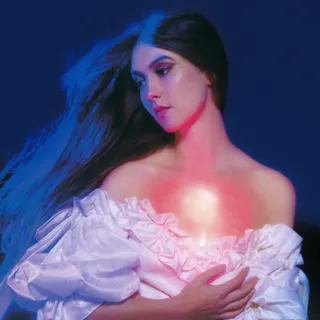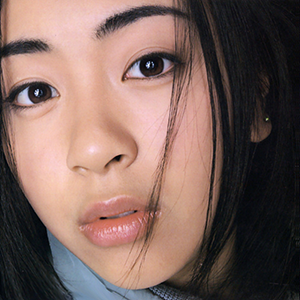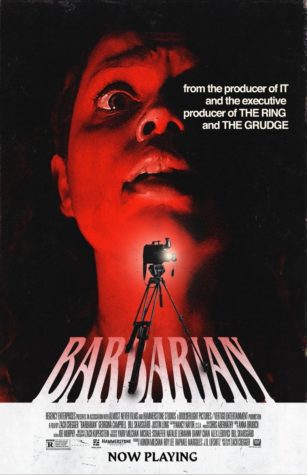Is “And in the Darkness, Hearts Aglow” Album of the Year?
Weyes Blood’s Love Letter to Humanity
It’s not just critics that are raving over Weyes Blood’s sixth studio album; it seems to be everybody. Following a string of singles, filled to the brim with Blood’s operatic voice and grandiose production, Blood released And in the Darkness, Hearts Aglow on November 18, 2022 to overwhelming praise.

On Album of the Year, a site that aggregates the scores of users and major critics for recent albums, it sits at an 86 and 83 out of 100 respectively. News publication The Telegraph calls it Blood’s “magnum opus,” while Uncut, a music magazine, says Blood’s voice is “worth preserving humanity for.” In the production process, Blood revealed she wanted to make an album that “provides some kind of catharsis on how bizarro everything has become,” according to an interview with Consequence. Its piercingly relevant dissections of contemporary society and the impending sense of doom permeating today’s climate works to develop a set of profound messages that crescendo through the album’s sweeping orchestras, vivid lyrics and Blood’s breathtaking voice. It feels almost obscene to refer to the tracks on this album as simple songs; they’re more like anthems of sprawling grandeur–spoken poetry in an interplay with violins, harps, machine drums, singing choirs of which evoke an imperial affect that raises the music to an almost ethereal cleanliness.
True to the baroque nature of Blood’s music, the introduction track “It’s Not Just Me, It’s Everybody” opens with layers of soaring violins, equally arresting yet tranquilizing in its quietness. As the track continues, vignettes of these same violins blend into an evermoving collage of instruments that complement one another; a moving soundscape that is calculated with such deliberation and atmosphere, it evokes an array of vivid images to match the beauty illustrated in every note. As the sounds wind into subtle silence, Blood ends the track with a short sentence, sung in a deeply dramatic fashion; “It’s not just me.” Contrasting the fantastical production is a set of introspective lyrics, melancholic as much as it is simple. Blood ponders on the superficialities of her current friendships. She desires to be known, is unable to find deep, meaningful connections with anyone around her. Nobody wants to be with each other anymore. Meditating on the catastrophic impact the pandemic has left behind, Blood whispers that the world is “living in the wake of overwhelming changes” and that “we’ve all become strangers, even to ourselves.”
This critical sense of introspection is found throughout the entirety of the album, especially on God Turn Me Into a Flower, where Blood laments her vulnerability. She begs that if she were to be so sensitive, she’d rather take the form of a flower; the delicacy of flowers is cherished and praised, while the delicacy of human beings is criticized as being a sign of weakness. A quiet ambience drones throughout the track, until the last half of the track which eventually swells into a bittersweet symphony, emotionally textured and deeply enriching. The chirping of birds present at the end of the track beckons the listener into a paradise of sound, where sadness and happiness fuse and the beauty of the natural world embraces them so tightly. It’s in these last few moments that Blood stays completely silent; she wants to take the listener on an uninterrupted journey to undiscovered sounds and textures. Classic to Blood’s style, she understands the importance of adding a cinematic flair to her music. She knows when to add atmosphere, and when to take it away.
And In The Darkness, Hearts Aglow is a mastery of music as an art-form; each track is a concentrated set of experiences contemplating the sadness of modern society and the beauty of existence. Through all the pain and suffering, it’s on the final track, “A Given Thing,” that Blood ends the album with the words, “love everlasting.” In the midst of the fear piercing current society, Blood yearns for a love everlasting— love doesn’t need to destroy you anymore,” she sings; if there’s a will, there’s a way. The album is not only a beautiful musical experience, but a harrowing philosophical one; it’s at the very heart of Blood’s work where the pain of human existence is rendered so thoughtfully. However, especially on this album, Blood looks forward with a sense of optimism. Yet again, love doesn’t need to destroy anymore.



